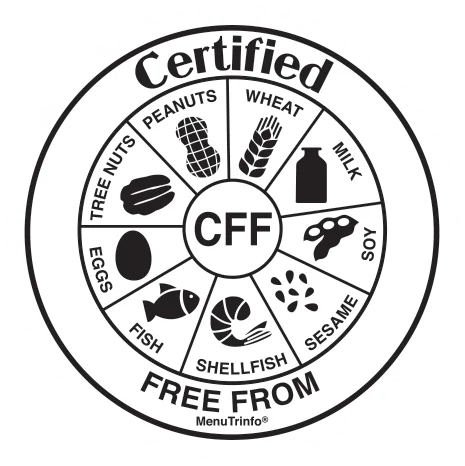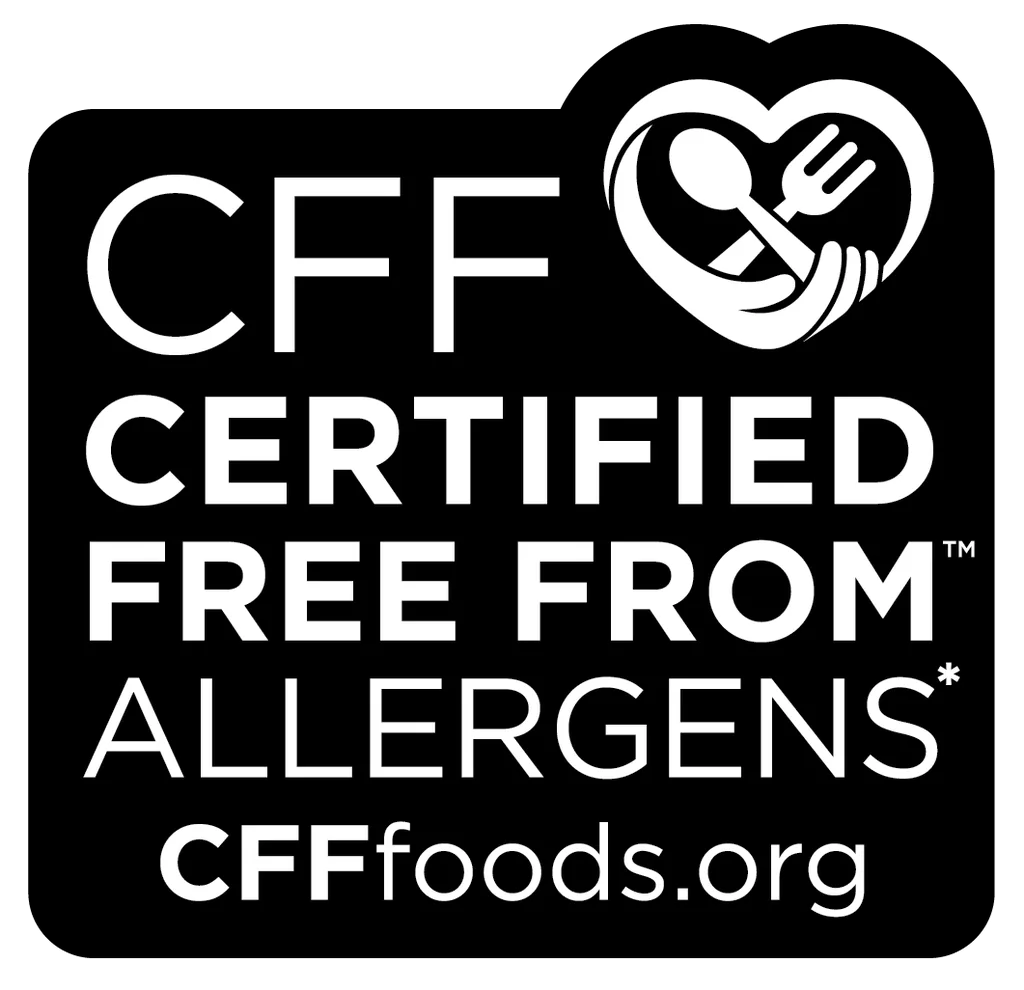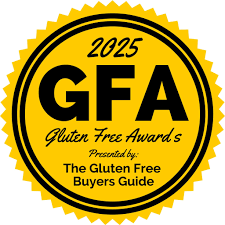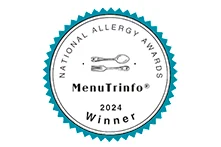There’s a lot that goes on behind closed doors in agencies like the Federal Food and Drug Administration (FDA) that affects us as gluten free consumers every day, and it’s tempting to think there’s nothing we can do to influence or affect it. Like FDA’s latest Draft Guidance — what’s that???
But there are things we can do!

In 2011, we built the World’s Tallest Gluten Free Cake and we affected change!
We actually forced the FDA to draft and enact the gluten free food labeling regulations we have today (ultimately put into place in 2014). WE did that — gluten free consumers, regular people, people who wanted the FDA to hear our voices.

Today is another one of those moments where we need the FDA to hear our voices.
You have an opportunity to comment on the FDA’s Draft Guidance Evaluating the Public Health Importance of Food Allergens Other Than the Major Food Allergens Listed in the Federal Food, Drug, and Cosmetic Act.
Sounds like a mouthful, but basically the FDA is allowing us to share our opinion on their their proposal to NOT allow future petitions from consumers like us if we were to ask for FDA to regulate labeling other gluten-containing grains under FALCPA (Food Allergen Labeling and Consumer Protection Act). (For more detailed information, go to GlutenFreeWatchdog.org)
FDA is saying in this draft that it would only consider regulating allergens that cause acute and sometimes life-threatening immune responses. It implies in the draft that the original 2014 voluntary gluten free labeling regulations are enough to fully protect gluten free consumers.
To hear a 5 minute podcast explaining the FDA’s latest Draft Guidance, listen to Baltimore Gluten Free’s Gluten Free News.
The problem is that the original 2014 gluten free labeling regulations are voluntary, and gluten free consumers are not currently alerted to the presence of barley and rye (and their various iterations like malt) in their food because wheat is covered under FALPA, but barley and rye are not. So, FDA in this draft guidance is prospectively closing the door to any future request by gluten free consumers to add barley and rye to the required allergen labeling list.
This demonstrates a fundamental lack of understanding by FDA of the severity of reactions by those with celiac disease and gluten sensitivity, since their rationale is that they will only consider regulating food allergens that cause acute and life-threatening immune responses.
Now is your time to comment and tell the FDA why this guidance is misplaced and erroneous and why they should reconsider.
Please comment on the FDA Draft Guidance using this link
Please also share this post and ask others to comment by 8/17/22!
If you would like review the comment I filed, or to use any or all of the language from my comment, please feel free. See the text below.
Celiac disease is a serious autoimmune disease affecting 3 million Americans; patients require strict adherence to a gluten-free diet to control the severe symptoms and keep the disease in remission.
Those with gluten sensitivity also require a gluten-free diet; estimates are that it affects between 10-16% of the population to some degree. (Many other patients with non-IgE-mediated medical conditions including but not limited to Hashimoto’s thyroiditis, Type 1 diabetes, autism and schizophrenia, also benefit from a gluten-free diet.)
While these are undisputedly serious medical conditions, they do not cause IgE-mediated reactions and acute and life-threatening responses.
While FALCPA protects these consumers to a limited extent, it is only in cases where manufacturers choose to voluntarily label certain products “gluten-free.” For other products not voluntarily labeled “gluten-free,” these consumers currently have no way of knowing if these foods contain gluten-containing grains other than wheat (which is covered by FALCPA labeling regulations).
Because FALCPA does not cover the gluten-containing grains barley and rye as it does for wheat, manufacturers in the U.S. are not currently required to alert consumers of the presence of other gluten-containing ingredients in their foods (such as malt, malt extract, malt syrup, malt vinegar, malt flavoring, natural smoke flavor, yeast extract and natural flavors).
For FDA’s draft guidance to limit citizen petitions regarding foods that cause any immune-mediated adverse reactions, and to limit its review to only foods causing IgE-mediated reactions and acute life-threatening responses is unfair, arbitrary, and ignores the science.
The very 2021 FAO/WHO Expert Committee referenced in FDA’s draft guidance reviewed the food allergens in existence since 1999 and determined that “cereals containing gluten” should be included in the list of foods and ingredients whose presence should always be declared in the list of ingredients on a food label.
It made this determination because it included celiac disease with IgE-mediated food allergies. The committee found that gluten-containing grains required mandatory disclosure due to potential harm to the population based on prevalence, severity and potency of potential harm.
While most countries around the world already require cereals containing gluten to be labeled, the U.S. as of now does not. Any move by FDA to close the door on citizen petitions for more protective regulations is frankly not only unreasonable, it’s unsound.
Thank you for your consideration,
Jules Shepard, Esq.
Founder and CEO, gfJules
gfJules.com

























As a part of the federal government, all health care, health departments, agencies, regulations of any kind are unconstitution. It isn’t in the Constitution that any of the three branches have any say in health at all. In fact it is time to do away with all but local People governance, save military under control of the Earth Alliance and the benevolent control assured by Quantum Computer partitioning.
Even though Celiac Disease isn’t considered life threatening, it can negatively affect the qautility of someone’s life. The regulations for gluten free products and gluten containing products should be more specific and thorough i when it comes to food labels.
I agree completely! Thanks so much for taking the time to share your thoughts!
~jules